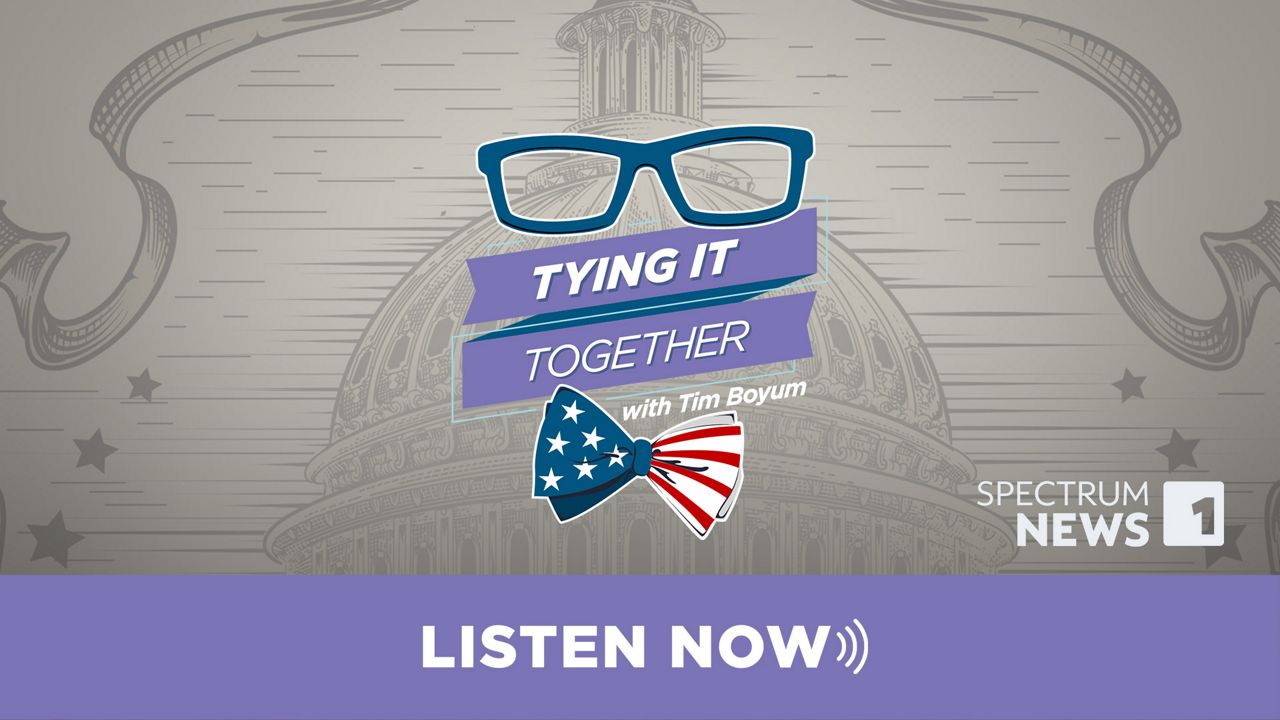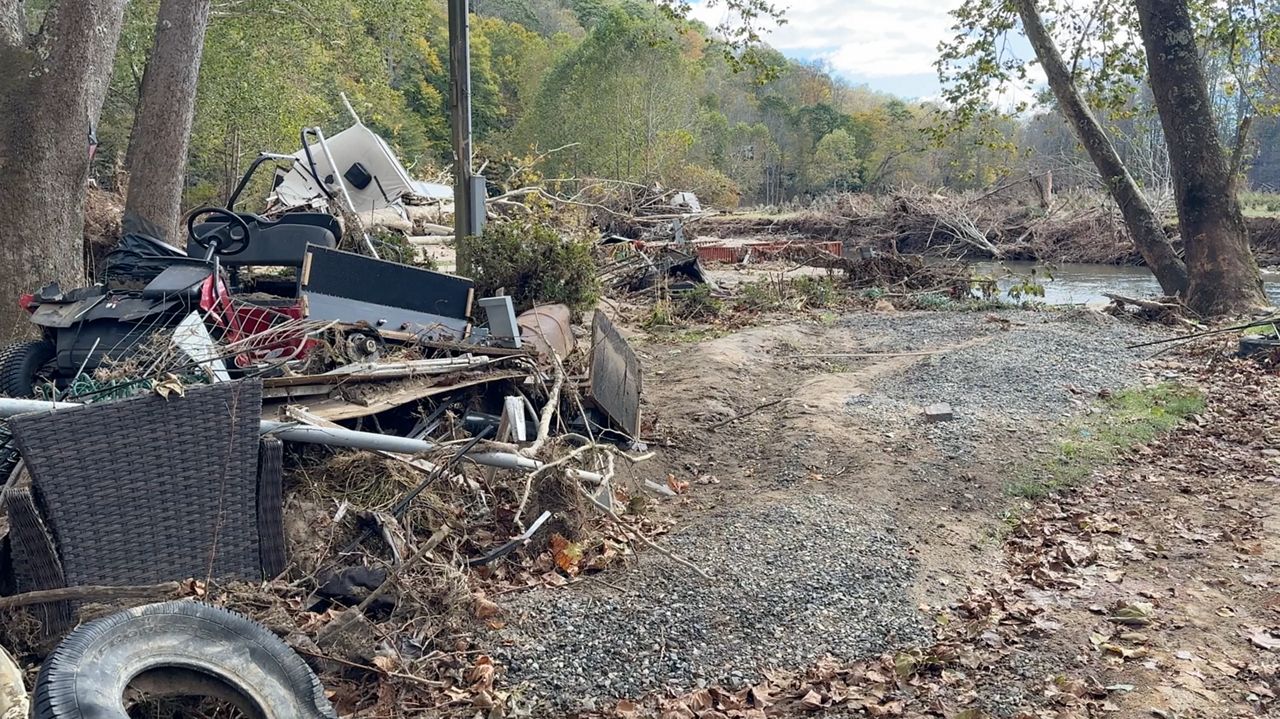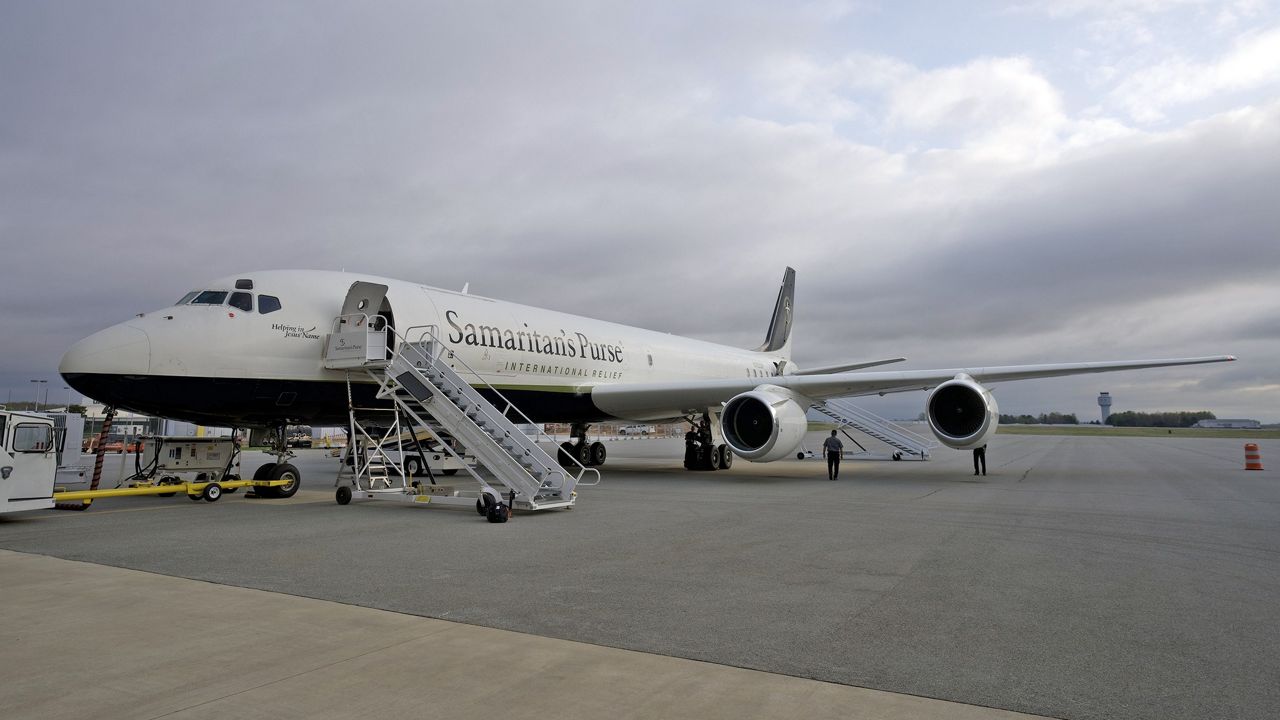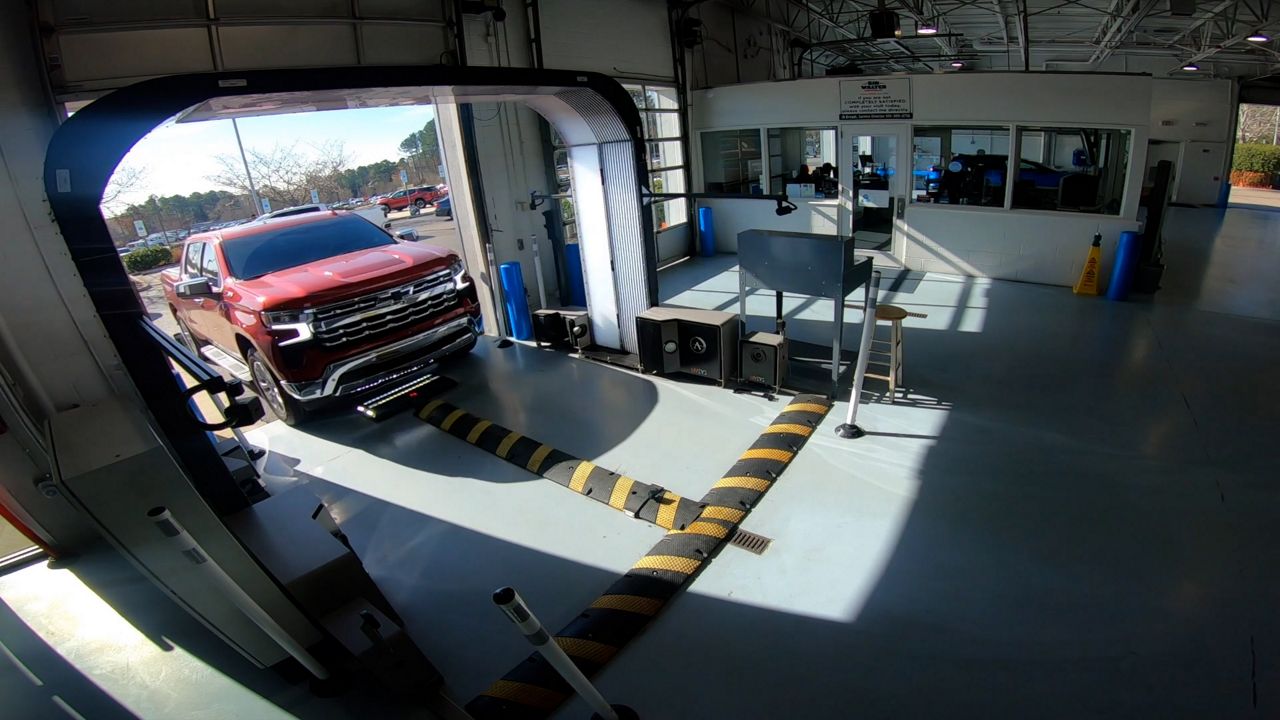RALEIGH, N.C. — Sixth and seventh graders say learning how to play an instrument at an early age makes them feel valued.
Unfortunately, budget cuts can mean less access to programs that could make a difference in underserved communities.
At Rise Southeast Raleigh Charter School, students are learning that knowing how to play an instrument can take them far
Unfortunately, budget cuts can mean less access to programs that could make a difference in underserved communities. The school started its first band program
Experts say African Americans and Latino students exposed to an instrument or music do better in school, have higher graduation rates and a better chance of going to college
Spectrum News 1 visited one school that worked hard to get a band program.
At Rise Southeast Raleigh Charter School, students are learning that knowing how to play an instrument can take them far.
Unfortunately, budget cuts can mean less access to programs that could make a difference in underserved communities. The school started its first band program.
Experts say African Americans and Latino students exposed to an instrument or music do better in school, have higher graduation rates and a better chance of going to college.
That means a lot to the kids because many of them don’t always have the resources they need to succeed.
Daryl White likes to show his students that the little things like an instrument can go a long way.
“What I'm teaching them, they can take that with them through life, and I’m really excited for them to learn how to play an instrument, because it catapults into high school, and if they keep playing, they can get scholarships and go to college,” White said.“What I'm teaching them, they can take that with them through life, and I’m really excited for them to learn how to play an instrument, because it catapults into high school, and if they keep playing, they can get scholarships and go to college,” White said.
What makes the program so unique is that this is the first year that the school is offering the band program.
That’s a big deal for the kids, because many of the students who come from low-income families have never played an instrument.
“Because a lot of students can’t afford an instrument. I don’t mean an instrument to buy outright, I mean even to rent one and it could be $35 a month, and when the students come in and see that they can play an instrument, that right there gives them hope,” White said.
“It means a lot to me, because I’ve never played any instrument before other than the smaller ones that I can hold in my hand, so it is pretty special to me that I'm able to play and sometimes perform for people,” said 12-year-old Olivia Williams.
For White, it’s personal. These sixth and seventh graders bring back memories of his childhood. The trumpet was the first instrument he learned how to play.
“When I hear the students play, it takes me back to when I was sitting where they were. I like to see their struggle and I like to see their accomplishments,” White explained.
Research shows playing an instrument can boost a child’s confidence, especially after a public performance in front of their friends.
Williams and her friends see the benefit of band class.
“Making me feel just a little bit happier when I walk out of the room after playing and sounding better than I did before,” Williams said.
Every shiny instrument in the band class and every note prepares the kids for the big stage.
“They have so much opportunity when they learn their instrument. It’s so much they can accomplish in anything. They don’t have to be in music. As long as they play a horn, there’s no telling who they might meet,” White said.
The school provided the instruments, but money is tight. School administrators are working to find extra funds to get more instruments.










